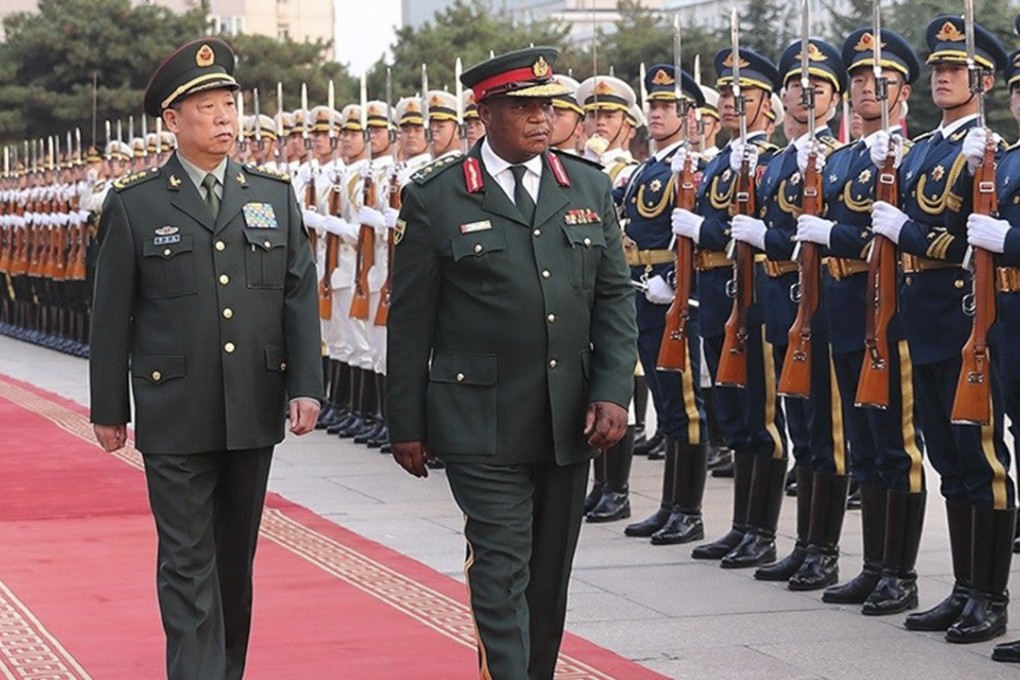‘Bloodless’ takeover ‘won’t dampen’ Chinese investment in Zimbabwe
Chinese foreign ministry says Zimbabwean military chief’s visit to Beijing last week was part of normal armed forces exchanges

China will continue to invest in its “all-weather friend” Zimbabwe despite a military takeover of the African country’s government, observers said.
Zimbabwe’s military appeared to be in control of the capital on Wednesday, apparently ending the three-decade rule of 93-year-old Robert Mugabe.
The transition came just days after Zimbabwean military chief General Constantino Chiwenga visited Beijing.
But when asked whether China – Zimbabwe’s long-time ally and investor – was being briefed then on the takeover, Chinese foreign ministry spokesman Geng Shuang said he was “not aware of the details” because the defence ministry handled the trip.
“What I can tell you is that his [Chiwenga’s] visit was a normal military exchange as agreed by the two countries,” Geng said.